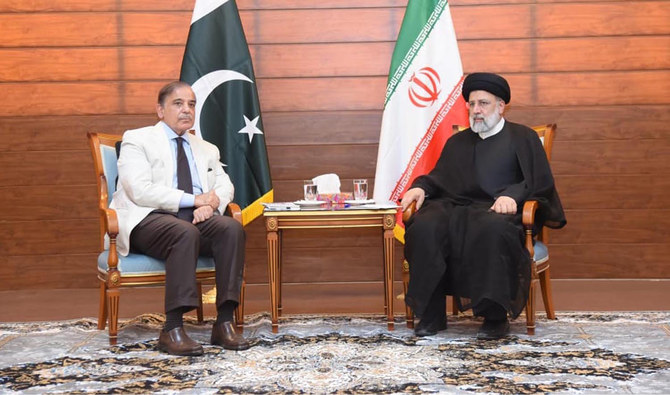Pakistan and Iran have agreed on the draft of a Free Trade Agreement (FTA), which includes an exchange of lists of goods to be subject to zero or reduced tariffs in order to boost bilateral trade, the Ministry of Commerce told a parliamentary committee on Wednesday.
Led by Federal Minister for Commerce Jam Kamal Khan, the ministry’s team briefed the Senate Standing Committee—chaired by Senator Anusha Rahman—on trade relations with Iran, the status of barter trade, and non-tariff barriers. Initial disagreements surfaced during the meeting, particularly between the Commerce Secretary and the committee chair over the Federal Board of Revenue’s (FBR) closure of the Badini border crossing.
The president of the Quetta Chamber of Commerce and Industry highlighted the difficulties faced by Balochistan’s traders in barter trade with Iran, especially due to the closure of the Badini crossing, which has also disrupted trade with Afghanistan.
Commerce Secretary Javed Paul and Joint Secretary (FT-II) Maria Qazi noted that Iran has imposed seasonal restrictions on mango and rice imports to protect its domestic production, an issue already raised with Iranian authorities. Pakistan’s exports to Iran are estimated at $700–800 million, but these are not reflected in official data due to third-country routing or informal trade.
The ministry outlined reforms to SRO 642(1) 2023 for barter trade, including:
- Removal of product restrictions—allowing trade in all items under IPO/EPO.
- Permitting the formation of consortiums, not just single entities, for barter trade.
- Removal of the NOC requirement for non-prohibited goods, with private entities or consortiums now able to obtain certification.
- Removal of the “export after import” condition.
- Extension of the net-off period for goods from 90 to 120 days.
Minister Jam Kamal said he would visit Iran next month to attend the Joint Economic Commission (JEC) meeting to address all trade-related concerns. The ministry is also working on restoring the Badini crossing point, including infrastructure development, with financial support to Afghanistan.
The committee opposed involving the Balochistan Development Authority in the project, while the Chaman border terminal building is set to open next month. Senator Anusha Rahman criticized the Federation of Pakistan Chambers of Commerce & Industry (FPCCI) leadership for failing to establish a joint chamber of commerce in China to facilitate Pakistani exporters.
The committee called for the immediate reopening of the Badini border to improve livelihoods of local communities and directed the Ministry of Commerce and the Quetta Chamber of Commerce to engage with Afghan authorities for a resolution.
Minister Jam Kamal said facilitating barter trade would help achieve the $10 billion bilateral trade target with Iran. The chamber was also instructed to submit proposals for cold storage facilities and an LPG terminal under the Additional Equity Fund.
The meeting was attended by Senators Bilal Ahmed Khan, Amir Waliduddin Chishti, Rahat Jamali, Minister Jam Kamal Khan, Commerce Secretary Javed Paul, and other officials.


